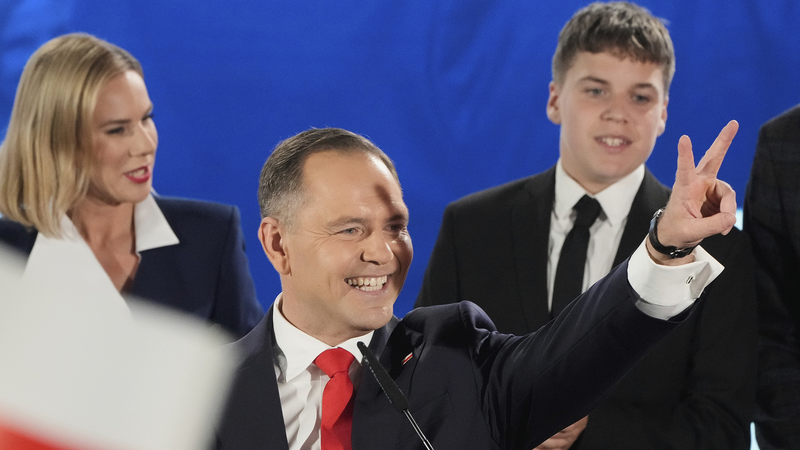In a stunning upset on Sunday, independent candidate Karol Nawrocki clinched the Polish presidency with a narrow victory in the second round of voting.
According to the Polish National Electoral Commission (PKW), Nawrocki received 50.89% of the vote, narrowly edging out Rafal Trzaskowski, mayor of Warsaw, who polled 49.11%. The slim 1.78-point margin makes it one of Europe's closest presidential contests in recent memory.
At 40 years old, Nawrocki steps into the role with a background far from traditional politics. As a historian and head of the Institute of National Remembrance, he built a campaign centered on national identity, economic renewal, and bridging Poland's urban-rural divide. Polls had consistently placed him behind his rival, making his win a surprise to many analysts.
For young citizens, entrepreneurs, and thought leaders across G20 nations, this result raises questions about Poland's future direction. Experts highlight potential impacts on:
- EU relations: Renewed talks on budget contributions and rule-of-law issues.
- Economic outlook: Tech startups and small businesses eye new incentives under the incoming administration.
- Social cohesion: Bridging tensions between progressive urban centers and conservative regions will be critical.
With incumbent President Andrzej Duda's term ending on August 6, Nawrocki inherits the challenge of uniting a polarized electorate. As Poland prepares for this historic handover, global observers will be watching how this unexpected outcome reshapes Central Europe's political and economic landscape.
Reference(s):
cgtn.com



